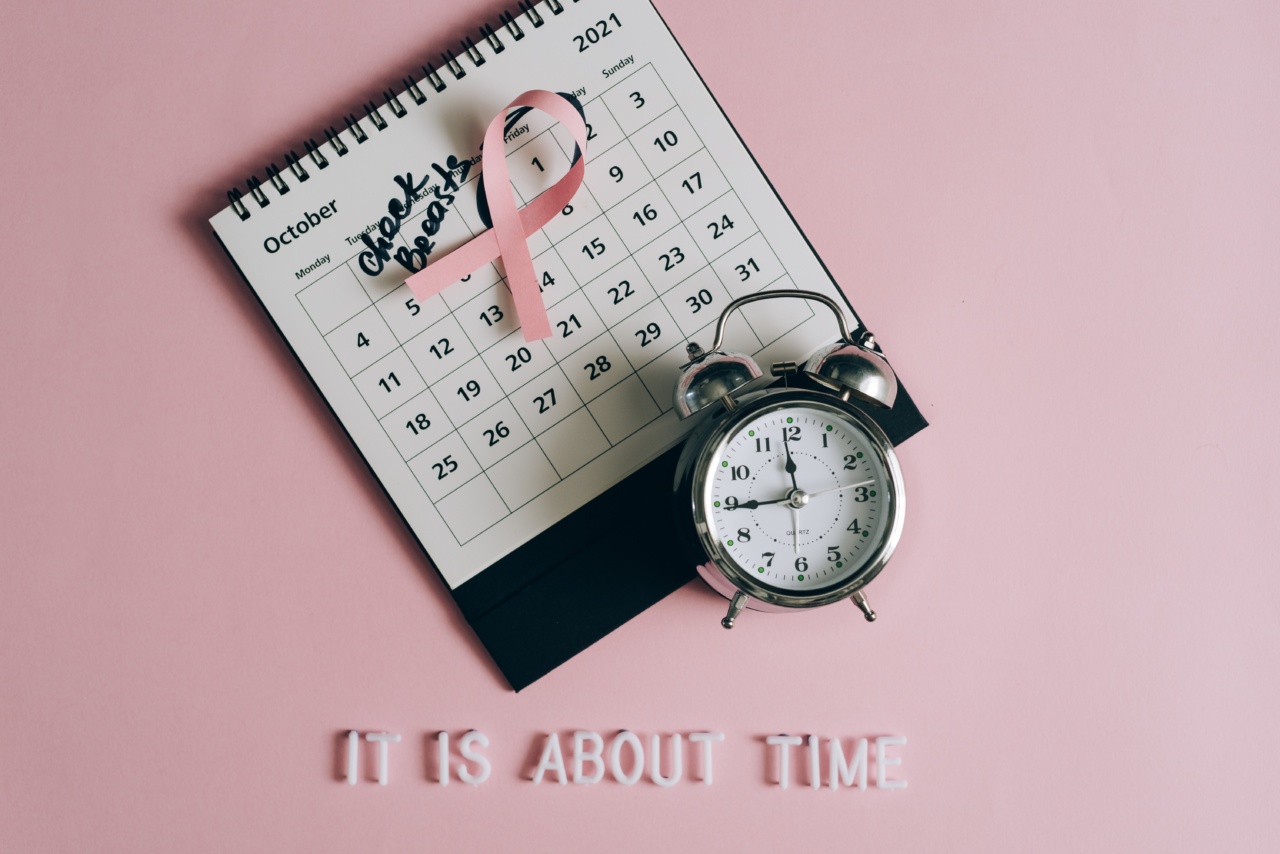Esophageal cancer is one of the most lethal forms of cancer. Unfortunately, it’s also one of the fastest growing types of cancer. There are many factors that contribute to the risk of developing esophageal cancer.
Some of these factors can be controlled, while others cannot. By taking steps to reduce your risk of esophageal cancer, you will be doing your part to live a healthier life and extend your lifespan.
Eat a healthy diet
The first step to reducing your risk of esophageal cancer is to eat a healthy diet. This means eating plenty of fruits and vegetables, whole grains, and lean proteins.
It’s also important to limit your intake of red and processed meats, which have been linked to an increased risk of cancer. Avoiding alcohol and tobacco is also essential. Alcohol and tobacco have been linked to an increased risk of esophageal cancer, so it’s important to avoid them altogether.
Exercise regularly
Regular exercise is another important way to reduce your risk of esophageal cancer. This can be anything from walking to lifting weights to swimming. The key is to find an activity that you enjoy and that you can stick to.
Exercise helps to keep your body healthy and reduces your risk of a number of different types of cancer, including esophageal cancer.
Protect your skin from the sun
The sun can be incredibly damaging to your skin. In addition to causing skin cancer, it can also damage the cells in your esophagus. This can lead to the development of esophageal cancer.
To reduce your risk, be sure to wear protective clothing and always use sunscreen when you’re outside for prolonged periods of time.
Get regular check-ups
Regular check-ups are an important way to monitor your health and identify any potential problems early on. This is especially important if you have a family history of cancer or are at a higher risk of developing esophageal cancer for other reasons.
During these check-ups, your doctor can perform a variety of tests to identify any potential problems early on.
Limit your exposure to chemicals
Exposure to certain chemicals can increase your risk of esophageal cancer. These include chemicals that are used in industries like manufacturing and agriculture.
If you work in one of these industries, it’s important to take steps to limit your exposure to these chemicals. This might include wearing protective clothing or using other types of protective equipment.
Practice good oral hygiene
Good oral hygiene is another important way to reduce your risk of esophageal cancer. This is because the bacteria in your mouth can travel down into your esophagus and cause damage over time.
By brushing and flossing regularly, you can help to reduce the amount of bacteria in your mouth and keep your esophagus healthy.
Stay hydrated
Staying hydrated is important for a number of different reasons. It helps to keep your body functioning properly and reduces your risk of dehydration. It can also reduce your risk of esophageal cancer.
This is especially true if you drink plenty of water and other liquids that don’t contain alcohol or caffeine.
Avoid eating processed foods
Processed foods are often loaded with chemicals that can increase your risk of esophageal cancer. These chemicals can cause damage to the cells in your esophagus over time, leading to the development of cancer.
To reduce your risk, it’s important to limit your intake of processed foods and focus on eating whole, natural foods instead.
Reduce your stress levels
Stress is a major contributor to a number of health problems, including cancer. By reducing your stress levels, you can help to reduce your risk of esophageal cancer.
This might include things like practicing yoga or meditation, taking up a hobby, or simply making time for relaxation on a regular basis.
Get enough sleep
Getting enough sleep is important for a number of different reasons. It helps to keep your body functioning properly and reduces your risk of a number of health problems, including esophageal cancer.
To avoid sleep deprivation, it’s important to make sure that you’re getting at least eight hours of sleep each night.





























